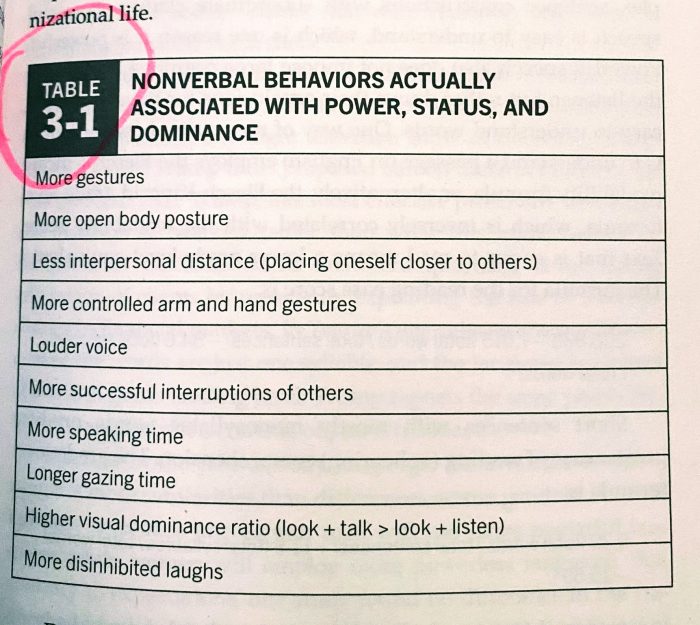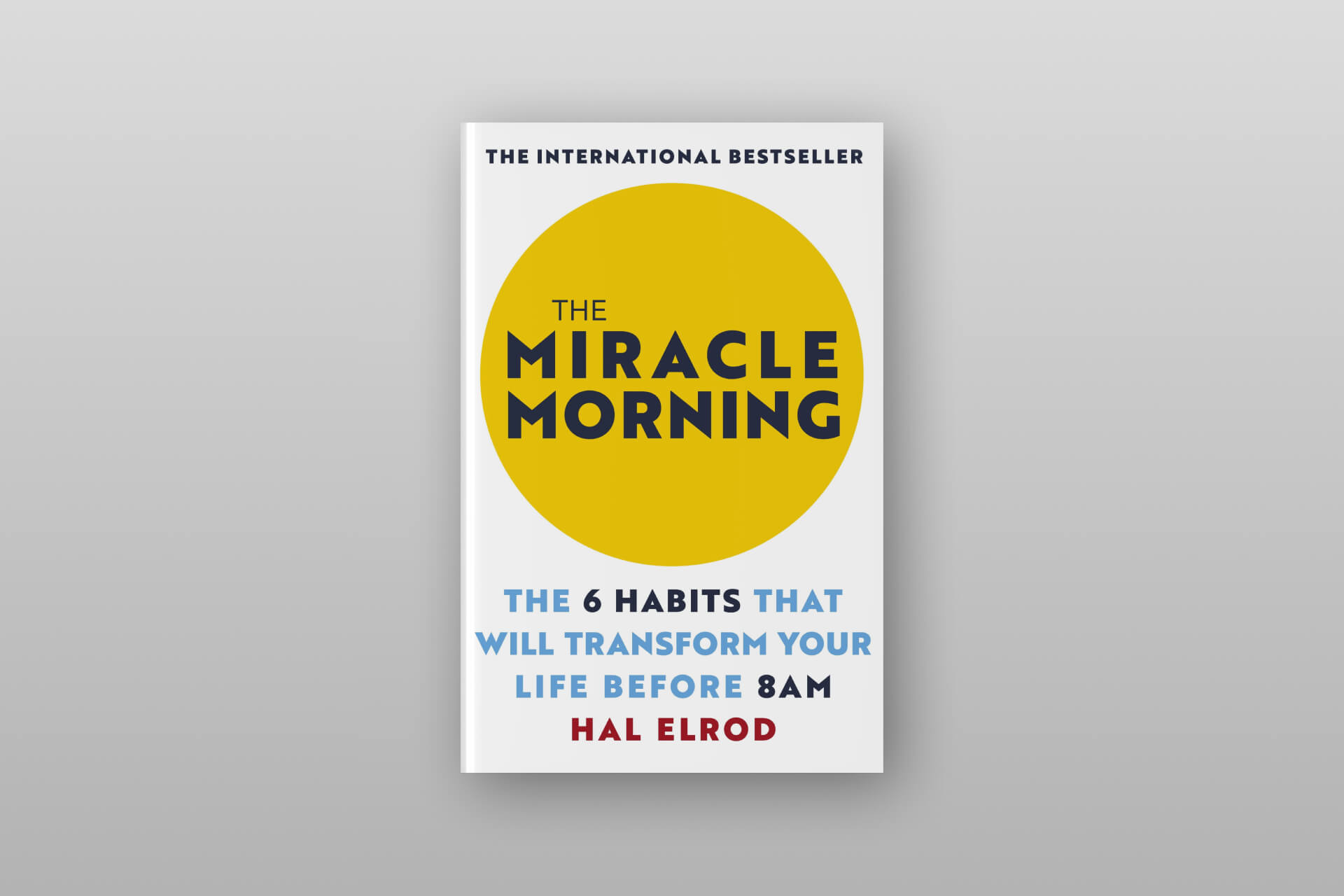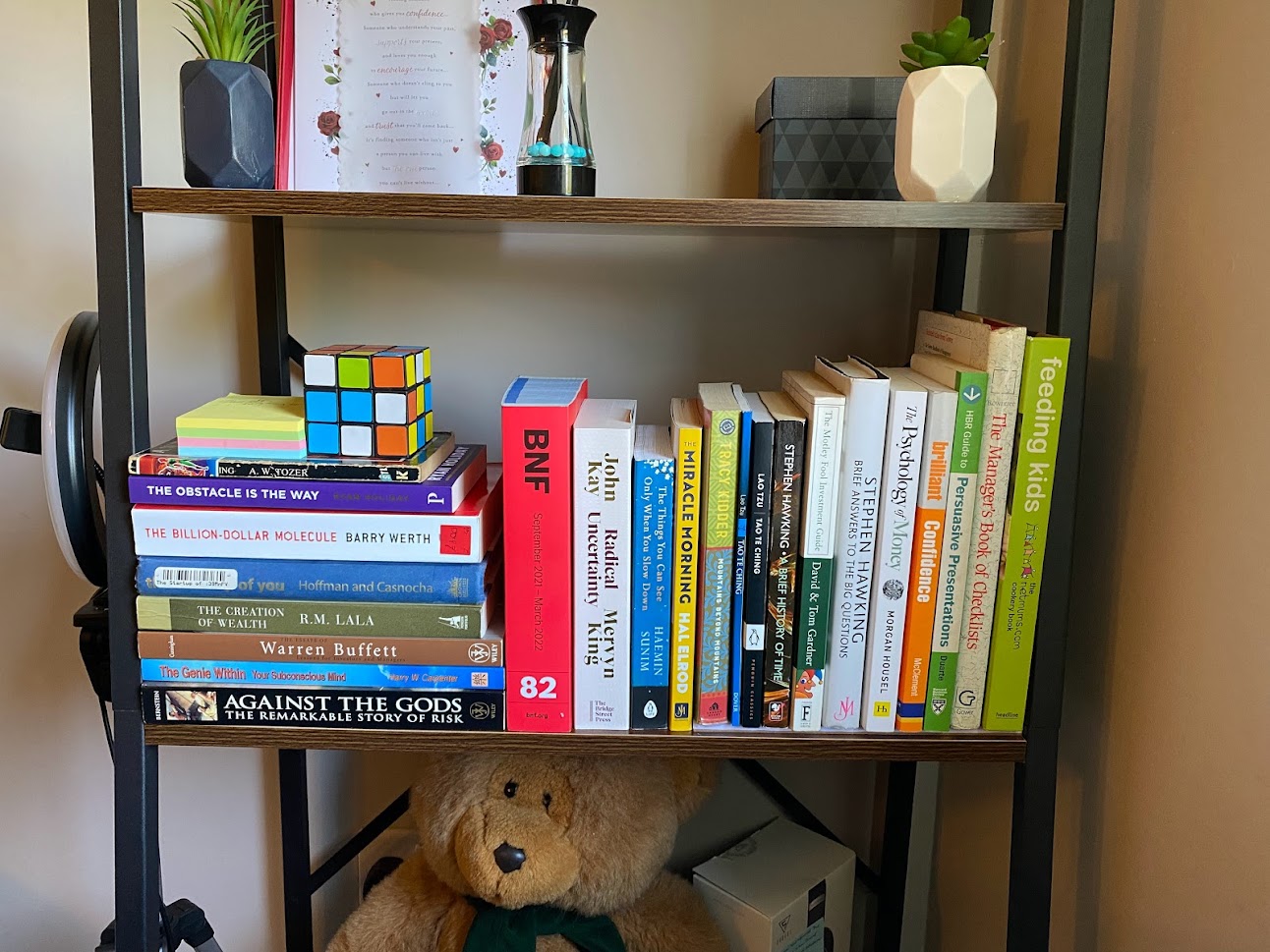At any point in time, I have more books in my library than I can possibly read. Often this makes me commit the practice of book adultery. In my local language, it means I am “ari iyawo ko iyale”. Last Saturday, as I wrote in this post, I bought 7 Rules of Power and a week later I am writing a summary/takeaways of the same. An attestation to my “ari iyawo ko iyale” practice.
But why have I committed that practice for this one book? I am a few years into my career where the next level for me is a role that brings me closer to being expectedly responsible for people, and a team and getting such a role isn’t like the previous promotions I have heard. In my first year with PwC, I was the most nonchalant about going the extra mile beyond the commitment to do my technical jobs well. Why? Because I knew with absolute certainty that it’s all that’s required for me to get the promotion. So why should I do more? Well, that was my thinking then and I was right. I got all the promotions simply because I did my job.
I have now entered a new era. An era where the ability to influence, evidence of value add and willingness to play a different game is part of the determinant of my promotion. So unsurprisingly when I saw the book, I knew immediately that I had to read it ASAP. Potentially, it could offer me some help on how to navigate this new era masterfully as I have always sought to navigate all aspects of my life. And indeed, the book offered some insight.
Getting comfortable with Power
The book started by laying some ground around how we naturally tend to eschew power. The very thought of reading a book about it is so repugnant that we will not even dare to have the book let alone read it or even be seen to be reading it.
The reason according to the book is not far-fetched. Most of our experiences with power especially when we are not born with one are that of inept use or corruption. Subconsciously, we eschew power from these dynamics. Other reasons were also given.
But power unfortunately is needed for nearly all things that have to do with the coming together of people. Inevitably, someone must command power. It is part of group or crowd dynamics. As the book noted, the best way to have more examples of good use of power is to get more good people to have power. Unfortunately, good people eschew power.
Interestingly, the book was moderate both in its advice and the examples used to convey the message. Starting with the example of an African American woman, Rukaiyah whom I had to immediately connect on LinkedIn. Let me tell you a bit about her.
Rukaiyah who is now the Chief Investment Officer of a $750 million Fund, recognised at a point in her that “Clearly these organisations are not going to impart power and opportunity on me, so I have to make it myself.” Apply the rules of power she summarised her experience as below:
What once was a position of an outsider, being black and female, became an information conduit. People told me things they wanted raised, but they were too fearful to raise themselves because they were so deeply invested in their need to support their families, and most of them had spouses who didn’t work. I was young and single and as far as they were concerned, a total outsider already. They felt that they could tell me things and raise issues. Then the executive team began to pivot to me when they needed information…. I was in a position of power. That turned into a promotion to the COO seat, and once I was in that seat, the investors turned to me to tell them the truth during really different times.
The most important thing about Rukaiyah’s story was that she understood the first rule of power: to get out of her own way–to not expect a just or fair world, and certainly not to play by rules that would leave her disadvantaged, but instead to make her own rules and play her
own game.
I think you should also get comfortable with the topic of power. I know far too often, we have been exposed to examples of vile use of power. And we now tend to associate power with bad things and in the case where power might have helped achieve good things, we do as much as possible to eschew the use of the word Power in describing such good. No more I guess. Learn the rules of power and use them (Rule 6)
The 7 Rules
The 7 rules described in the book were also counterintuitive I didn’t see much of a surprise in the book. Largely, they are things I am aware of already and practice. Interestingly, I have written about some of the principles (here, here, here…) before without using the word power.
Rule 1. Get out of your own way
The first rule of power is about acknowledging and accepting who you are but not letting that identity define who you will be forever.
“Talented people, with objectively amazing accomplishments, hold self-descriptions that disempower themselves and that, if and when internalised, inappropriately limit their career prospects… Such behaviour is unhelpful.”
“Change your behaviour, and your attitudes about yourself and your place in the world quite likely will follow.”
“I look at the most confident people in my year and I realise that the greatest gift that has been bestowed on them is that of shamelessness.”
“Don’t let the notion that doing something new or different – particularly if that new behaviour is going to be helpful in your path to power- is inauthentic become an excuse for thinking in ways that hold you back.”
One of my best quotes from the book:
“I do not choose to be relegated to a lower status role, although many, many in power have tried. I have no problem challenging people or making them rethink their assumptions. I don’t feel like I have to “stay in my lane” and I will not let people push me or keep me there. The dean who hired me said, “Laura, do you not see the boundaries between disciplines?” And I replied, “No, why should I?”
They have found that, across multiple cultures, the two fundamental aspects by which people judge others are warmth and competence back: “I can see how wanting to achieve something meaningful that is so deeply personal, I can see how people get forceful. When you have a vision and you can see something other people can’t see, I can see how you sort of have to push them into it.” Adams said two other things that I think are important to her
success, both related to her surrendering the need for acceptance. She commented that she did not worry too much about “what will our board think, or will I get invited to that fancy Christmas party, or this might get me disinvited from the privileged cookout.” She noted that achieving success required a combination of humility to get others on your side, and also hubris. “For women, that hubris part of it is really hard. I have to coach myself up to hubris.”
Rule 2. Break the rules
“Because of how people are socialised and the desire to be accepted by others – which we believe comes from adhering to rules for behaviour – most people, most of the time, follow conventional wisdom and willingly follow rules that others – and this is the important point, often others with more power and interests quite different from their own – have promulgated. The lesson of this chapter is that, notwithstanding these numerous forces pushing rule following and conformity, many paths to power entail parting with expectations, disregarding conventional wisdom, and breaking rules- except the rule of this chapter, which is to break the rules.”
3 rules you can break immediately to impact your career
- Ask for things – help seeking is uncomfortable but people want to offer help.
- Forgiveness over Permission
- Break rules by finding ways to stand out.
For those who seek power, particularly those seeking it from positions of disadvantage, breaking the rules is the only possible, sensible option. Simply put, if you are going to win given the rules in place, by all means follow and advocate for those rules. For everyone else less guaranteed of inevitable success, rule breaking, the second rule of power, provides an empirically validated – and virtually the only feasible – path to success.
Rule 3. Appear powerful
If you want to attain and maintain power, the third rule of power is to appear powerful, because others will treat you and make decisions about you depending on how you show up, and those decisions will often act in ways to make the initial impressions become true.
- Anger is a tool. From a moral perspective, I will use it rarely.
- Appearing confident is another potent one. Confidence in all ramifications, use of words, posture, dressing etc and have the work to show for it of course.
The premise of Rule 3 is that appearance–how someone shows up with both body language and spoken language- matters a great deal for how others perceive them.

Rule 4. Build a powerful brand
Rated my best rule.
“One way to build a powerful brand is to associate with other people and organisations that are themselves prestigious.”
“Do as many things as possible to be known – blog, podcast, books, events hosting, volunteering social media”
Recounting her experience helping someone to get comfortable with brand building, Deborah Lui said “I was doing a talk at this event and we were talking about self-evaluation, and this woman said, “I’m just really not good at self-promotion.” And I said, “Do you see what you just did there? If you treat your self-evaluation as self-promotion, you are not going to talk about the work that you’re doing. You’re not going to do it justice. If you call it helping your manager understand the impact that you have, if you call it helping your team get the recognition it deserves, would you see it differently?” And she said, “You’re right. I’ve been thinking about this all wrong.”
Rule 5. Network relentlessly
Rule 6. Use your power
Rule 7. Success excuse (almost) everything
Read the book to get more insight into other rules.
Some final thoughts
Merely looking at the rules should make anyone comfortable reading the book. It is not some 48 Laws of Power that you might have been often directed not to read (I read it by the way). Rather, it is a book for those who seek to advance their career notwithstanding any disadvantage that may surround them. Just look at what Rukaiyah did with her condition.
As I noted in my note before reading it, the book is meant for people like me. People who find themselves in an environment where they are different, they were not born with power, and have a phobia for self-proclamation.
One of the most important points to note about the subject of Power though is that anyone’s antipathy to it does not magically mean others won’t embrace it. And those who embrace it will get things that you might think you deserve and maybe you do indeed. But since you are not willing to play the cards that you’ve been dealt, unfortunately, you might be left out. When this point is mentioned, the tendency is to be quick to find disconfirming evidence. But what empirical research has shown is that those pieces of evidence are edge cases and not the norm. Selah!
Lastly, it is worth noting that we all celebrate people of power. We see our potential in them. And that’s the thing about power, when attained, we celebrate it in others. But you see doing the work that’s required to attain it is what we often have issues with. One must note though that all tools of power don’t have to be used. Only those that you are comfortable with. Getting things done and advancing your career is the goal not necessarily about the tools you employ.




